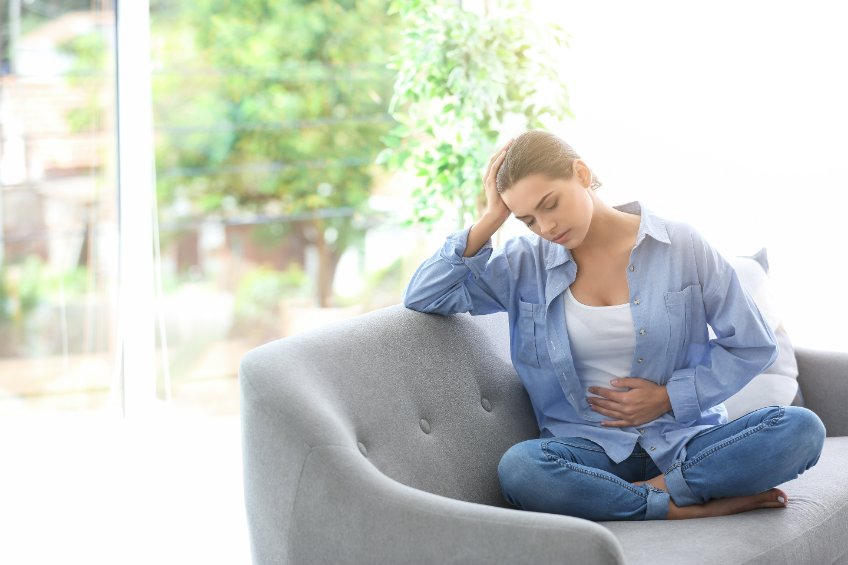The AUBs Of Fertility
Abnormal uterine bleeding (AUB) is an umbrella term for any bleeding different from a woman’s normal menstrual flow. Normal menstrual flow means that a period occurs every 21-35 days for about 5-7 days. AUB is bleeding that occurs between these periods or causes an uncharacteristically heavy or prolonged flow. Blood flow during these periods is not typical and is often a sign of an underlying issue. For women trying to get pregnant, AUB could be the cause of infertility.

Causes of AUB
There are several causes of AUB, which can be either acute or chronic. AUB can be a sign of pregnancy or miscarriage. Some women have underlying conditions with the uterus, like polyps or fibroids. Others can have hormonal imbalances that cause polycystic ovary syndrome (PCOS) or anovulation. Sexually transmitted infections (STIs), pelvic inflammatory disease (PID), medication, and even cancers can cause AUB.
How does AUB affect fertility?
Some women may overlook AUB until the time comes to conceive. AUB is often a sign of a structural issue with the uterus. Polyps, fibroids, and other growths can prevent an embryo from implantation. Sometimes, AUB is a sign of poor endometrial thickness, which can lead to miscarriages. Women experiencing consecutive months of irregular bleeding and trouble conceiving should see a doctor immediately.
Treating AUB
The treatment options will depend on the cause of AUB. First, finding the cause often requires a series of tests, including blood tests, ultrasounds, imaging, and pelvic exams. A hysteroscopy is another method to check abnormalities in the uterus. Once the medical team discovers one or more reasons for AUB, treatment can start. For instance, doctors can recommend hormone medication to stop the bleeding and rebalance hormones. In some cases, surgery can help remove any physical issue like polyps or fibroids. The overseeing doctor will then recommend patients and advise patients on the best time to attempt pregnancy again.
Turning to IVF
Sometimes AUB treatment is not enough for natural pregnancy. The patient may have a condition that scarred or damaged the fallopian tubes or ovaries. At that point, in vitro fertilization (IVF) can help. A fertility clinic will extract eggs from the woman to combine with a sperm sample. The embryo is then implanted in the woman’s uterus. Some of the medication used to treat AUB also helps the body prepare for IVF. On average, women under 35 have a 50% chance of success after just one cycle of IVF.
Is IVF in my future?
AUB does not necessarily mean that a woman will need IVF. A doctor or reproductive specialist can help determine the root cause of the condition. If the issue is treatable, most women will eventually get pregnant without help. However, AUB can also reveal severe infertility. If treatment fails, then IVF can help.




